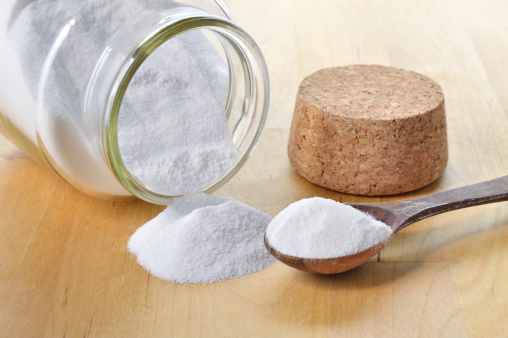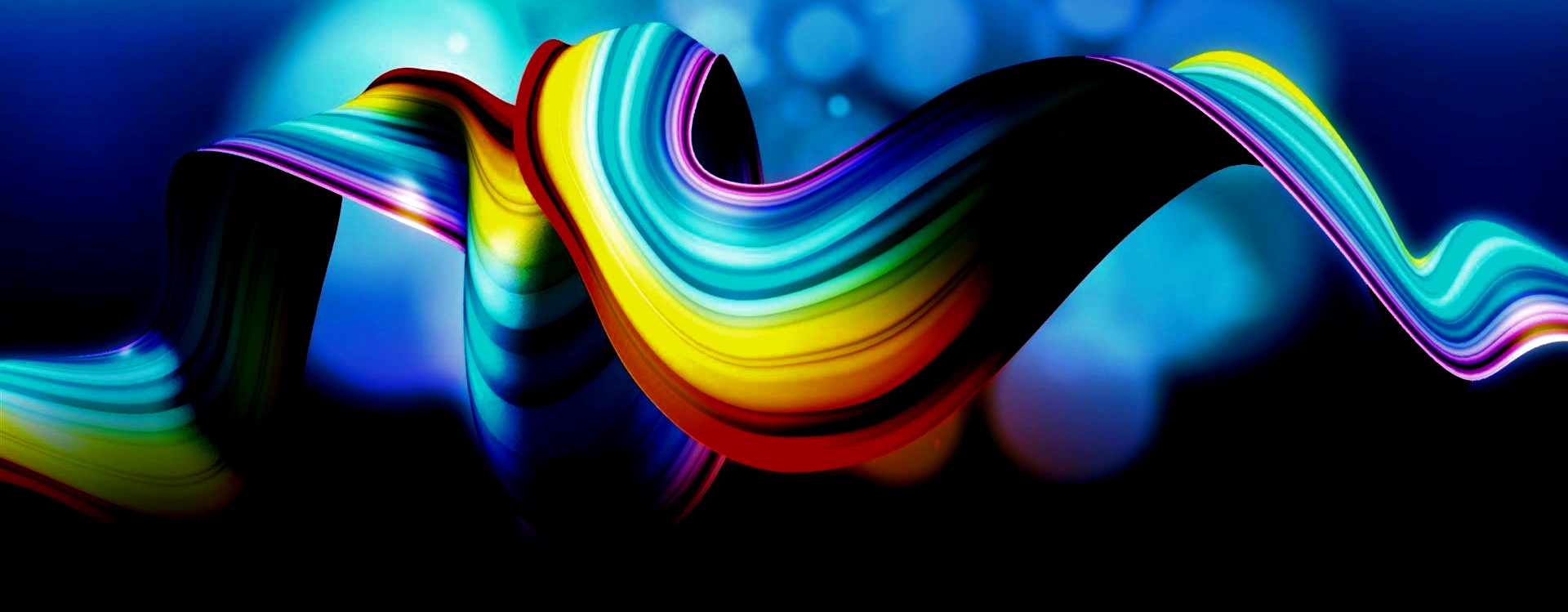
What is sodium carbonate?
In addition to being naturally present on Earth, sodium bicarbonate bulk could also be produced by combining ammonium and sodium chloride (sodium). Purchase sodium carbonate from dollar stores, supermarket stores, or places that provide supplies for public pools. The pure white powder or pale powdered has no flavour or aroma. On the ph. meter, it is a basic or highly alkali. Whenever it comes into touch with the skin, it is often safe, but treatments prepared with it may be caustic. Small doses are not hazardous, but large doses can be poisonous. Nevertheless, sodium carbonate generally carries a modest hazard threat.
The Food and Drug Safety Administration has authorised sodium carbonate as a food additive. It is intended to be used as a flavouring ingredient, drying and canning agent, pH operative, and management stage. “To not surpass current good production practise” is the rule for the levels to be applied. Regardless of the name of the substance, you won’t consume a lot of sodium if you consume sodium carbonate. You consume a much larger amount of salt through meals. An alkaline may be produced by taking sodium carbonate diluted in water orally. Although it’s not frequently recommended for this usage, PubChem notes that it neutralises gastrointestinal acid in the stomach.
Sodium carbonate can be found in carpet cleansers, cleaning solvents, cosmetic, scrubbing powdered, and detergents in addition to washing and dishes detergents. It is used in the goods of several well-known companies, including Bleach, Disinfectant, Fourth Generation, Tidal surge, Ashworth & Strong, Kapadia’s, Scrubbing bubbles, and Simple Green. According to Cu Berkeley, sodium carbonate is frequently used in mouthwash as a thickening agent and to help elevate the pH of the mouth. Instant noodles frequently contain sodium carbonate as a food ingredient to give them a bouncy quality. Additionally, it’s a component of sherbet powders.
Thus according Health Today, sodium bicarbonate is a medicine that is recommended to treat acid reflux regurgitation because while sodium carbonate possesses soothing qualities. Sodium bicarbonate could occasionally be given a prescription as drug to lessen the acid content of one’s urine or bloodstream. As prescribed by your doctor, you should take it directly as a pill or granules. Applications of sodium carbonate are very caustic and acidic. On touch, it can cause excruciating damage to the skin. When sodium carbonate particles or fumes are inhaled, the nasal mucosa and upper respiratory may get irritated, which can induce violent coughing fits and breathing difficulties. High quantities can burn the skin and harm the eyes. Industrially, sodium carbonate is produced using two main processes. The first technique, which is the primary production process in the USA, is extracting the mineral resources of sodium carbonate. Sodium hypochlorite and urea are combined in the second technique, also known as the Residual effect, to produce bicarbonate of soda, which is subsequently cooked to produce sodium carbonate. For more information visit our website: www.nuuvee.com.au

